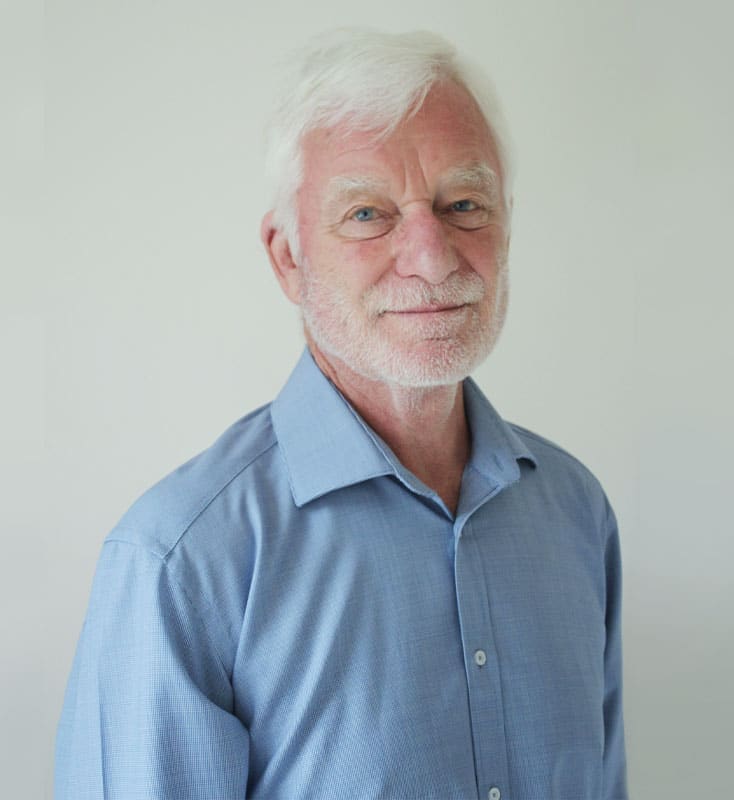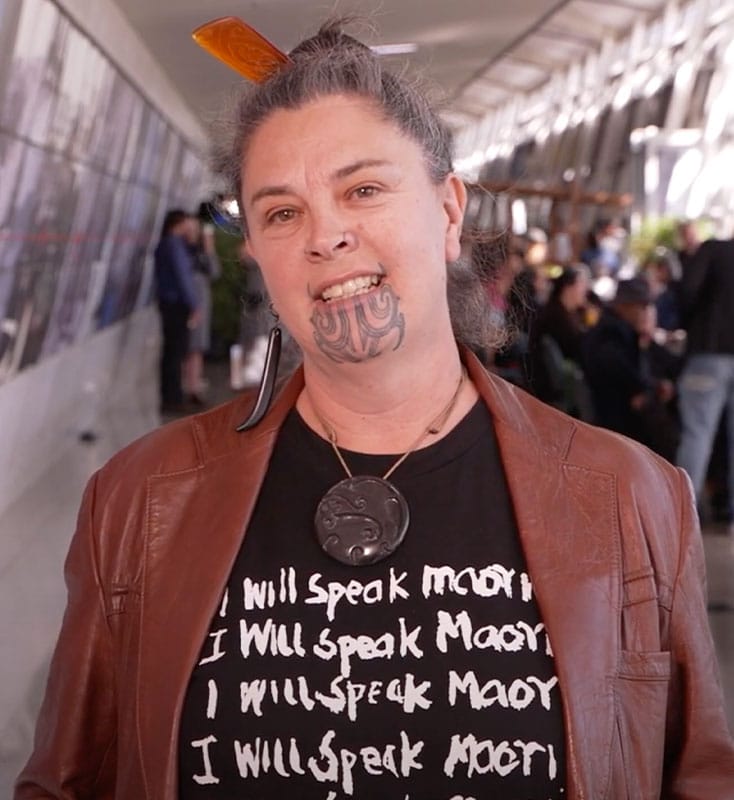Scott, K., & Kearns, R.
Culture Demography Housing Need Society
New Zealand Population Review, 26(2), 21-44
2000
Scott and Kearns present an analysis of return migration patterns among the Māori population to the Mangakahia Valley in Northland, New Zealand.
The study explores the cultural, social, and economic factors influencing the decision of Māori individuals to return to their ancestral lands. It provides a unique perspective on the concept of ‘home’ in the context of indigenous populations and the significance of ancestral connections in shaping migration choices. The authors note that in the 1990s counterurbanisation by Māori has continued, with many individuals and families coming home from cities to localities with which they have ancestral ties. The paper considers the human experience of return migration of Māori to the Mangakahia Valley in Northland. This case study draws on narratives collected in 1996 from 16 Māori respondents who had returned to the Mangakahia Valley over the previous decade. It uses these narratives collected through ethnographic methods to consider three questions: why people move; how they experience resettlement; and what gaps they discerned in state policies supportive of such moves. Scott and Kearns delve into themes such as the importance of reconnecting with cultural heritage, the desire for a supportive community environment, and the pursuit of economic opportunities in ancestral regions. The study highlights how these factors interplay with broader social and economic trends in New Zealand, impacting the Māori community’s demographic patterns.










